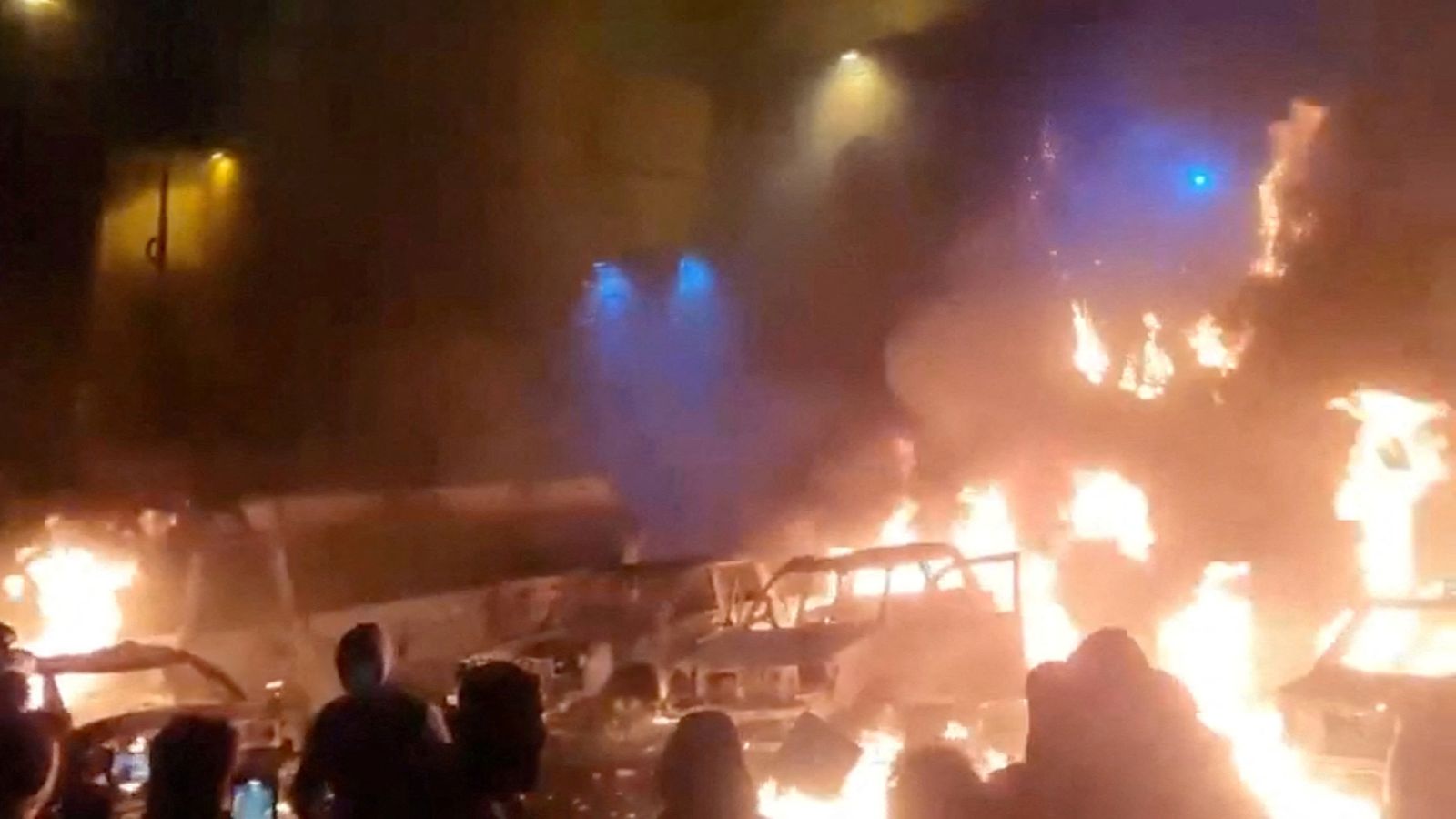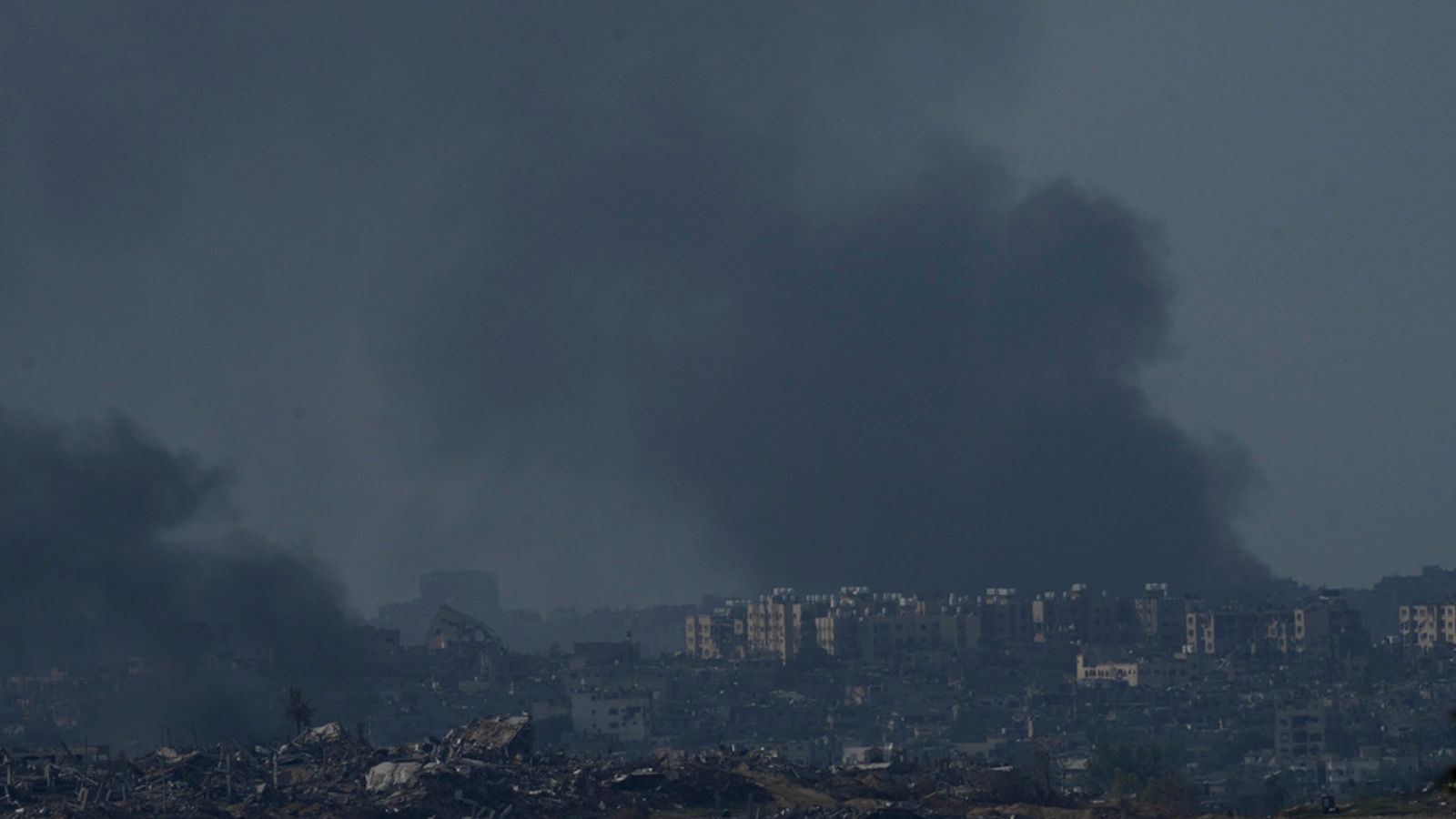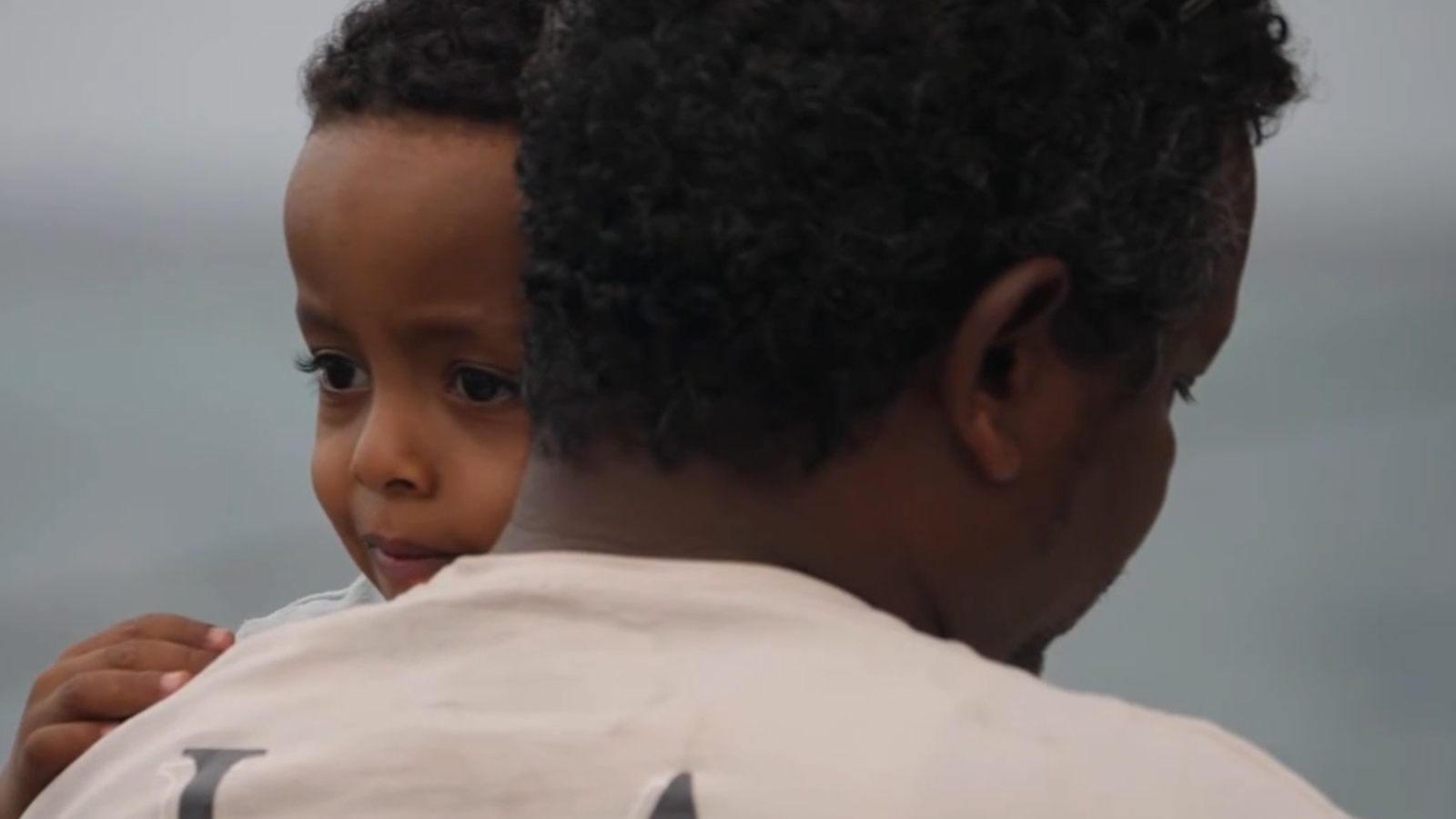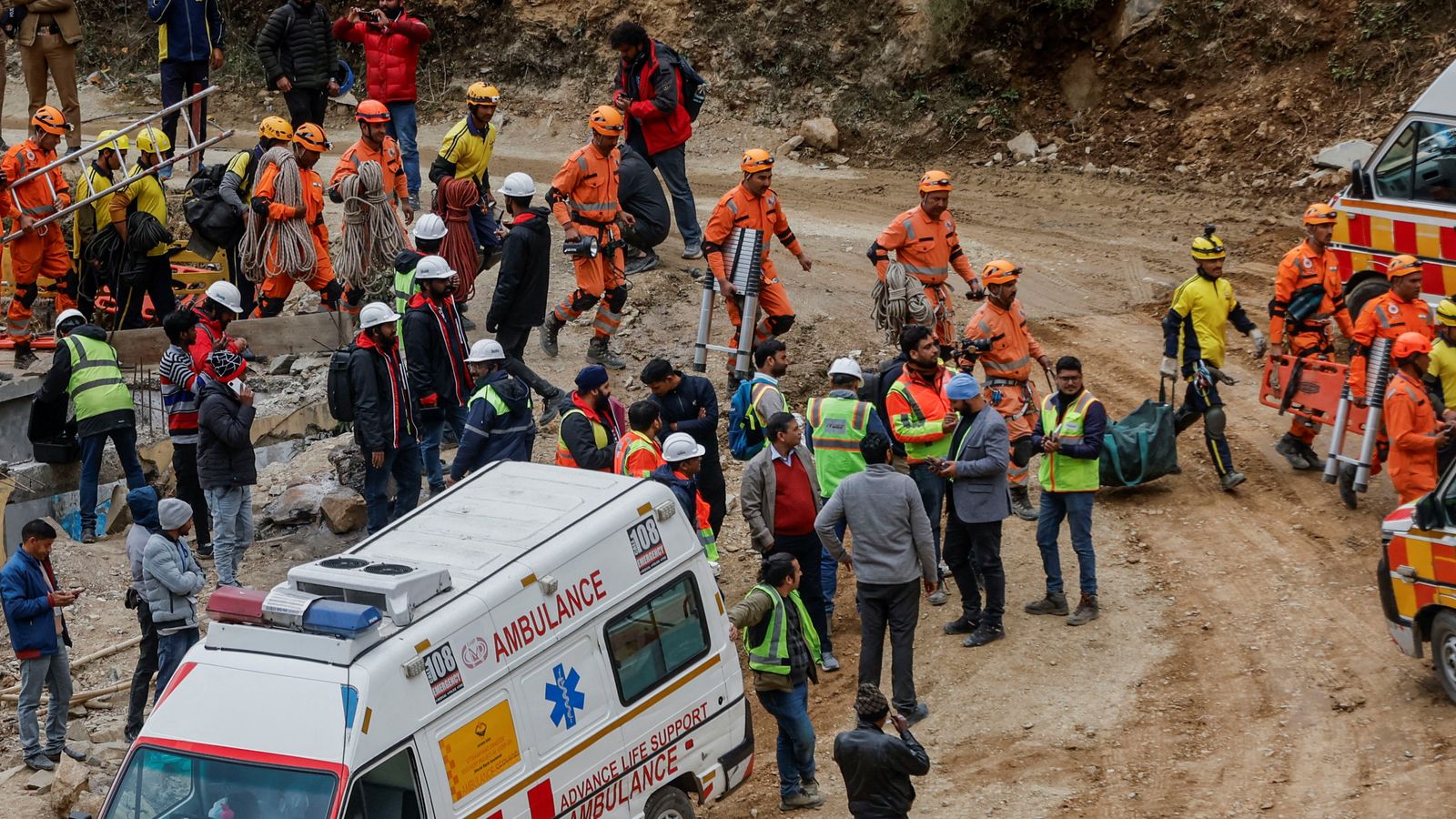Rescuers are searching for hundreds of missing people after “historic” flooding killed more than 120 people in Germany and Belgium.
Thousands have also been left homeless after days of heavy rain hit some of Europe’s most prosperous regions.
Cars were upended, power networks went down and buildings collapsed as floodwaters rushed through villages such as Schuld, south of Bonn, in western Germany.
Video showed a whole house being carried along the River Ahr near Frankfurt.
Deaths in Germany stand at 103, making it the worst natural disaster there in about 60 years, and 20 have been killed in Belgium.
The fatalities include 63 people in the German state of Rhineland-Palatinate, including 12 in a housing facility for disabled people in the town of Sinzig – authorities said they were surprised by a sudden rush of water.
In neighbouring North Rhine-Westphalia, Germany’s most populous state, 43 have died but officials expect that number to increase.
State premier Armin Laschet said the flooding was a “catastrophe of historic dimensions”, while German President Frank-Walter Steinmeier said he was “stunned” by the devastation.
“The floods have literally pulled the ground from beneath many people’s feet. They lost their houses, farms or businesses,” Mr Laschet told reporters.
In Erftstadt, southwest of Cologne, 50 people were rescued after the ground beneath their homes collapsed, county official Frank Rock told local broadcaster n-tv.
Aerial pictures showed a massive landslide at a gravel pit on the edge of the town.
“One has to assume that under the circumstances some people didn’t manage to escape,” said Mr Rock.
Sky News visited one rural area of North Rhine-Westphalia where police are patrolling villages to ensure people have evacuated due to fears a nearby dam could collapse and consume hundreds of houses.
In Belgium, 20 deaths have been confirmed and interior minister Annelies Verlinden said another 20 people were missing on Friday as the county declared a day of mourning.
Dykes on the River Meuse that runs from Belgium into the Netherlands were also at risk of collapsing, Mr Verlinden added, forcing a hospital in the Dutch town of Venlo to evacuate 200 patients.
Thousands of people in the Netherlands’ Limburg province were also ordered to leave early on Friday.
Dutch Prime Minister Mark Rutte declared some regions disaster areas to free up emergency funds.
Meteorologists said some areas of western Europe had received two months’ rain in two days ahead of the floods, with more than 150 litres per square metre falling over 24 hours in parts of western Germany.
Several senior officials have blamed climate change for the disaster.
“Climate change isn’t abstract anymore. We are experiencing it up close and painfully,” said Malu Dreyer, governor of Rhineland-Palatinate state, adding that it showed the need to speed up action on the issue.
German President Frank-Walter Steinmeier said it showed the decisive action was the only way “to limit the extreme weather conditions we are now experiencing”.
Chancellor Angela Merkel has been in the US but is reportedly set to visit Schuld – one of the worst affected villages – on Sunday.





